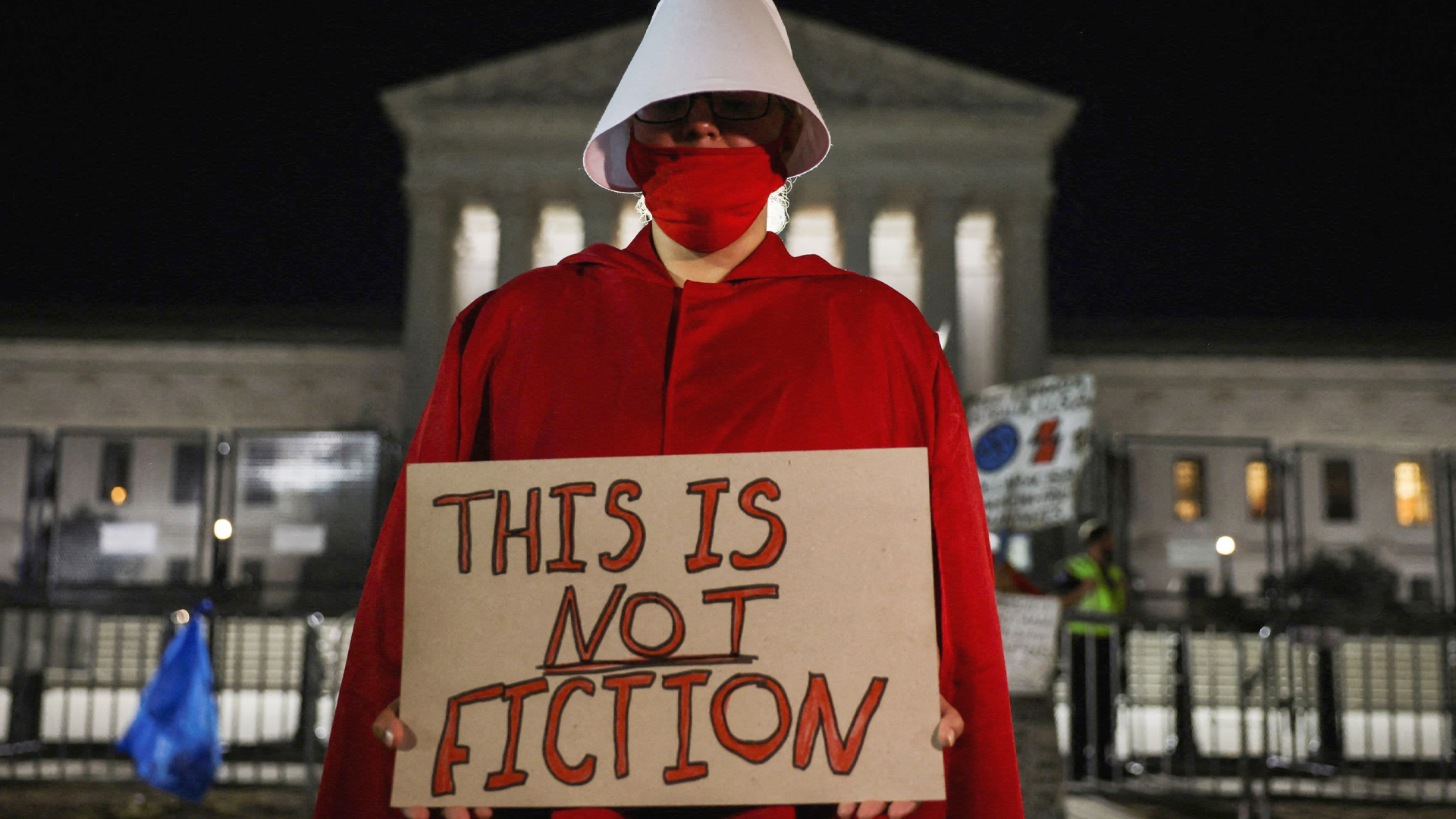The moment you strip a diabetic of their choice to have an abortion is the moment you put their life in grave danger.
Last month, the US Supreme Court handed down a controversial judgment, effectively changing the course of history as we know it. It shook the ground under millions of women across the US and has generated waves of anger, fear, and despair across the world.
From those who are children of individuals forced to give birth, to those who have been sexually assaulted and will now be forced to bear children themselves, having an abortion is a personal choice that females in the US are no longer allowed to make.
A choice about their own bodies and a loss of choice that will be detrimental for their livelihoods no matter how you view it.
For people who have chronic conditions, such as diabetes, giving birth to an accidental child or one that was forced upon them won’t only affect their mental health, their financial situation, or the way society views them. Forcing a diabetic to give birth to a child they were not expecting – or ready for – is medically dangerous, and potentially fatal.
I was 21 when I was diagnosed with Type 1 diabetes and one of the very first questions I was asked in the hospital was whether I was planning on getting pregnant.
I will never forget the look of concern the nurse gave me as she awaited my response. I remember feeling taken aback and confused – I’d only just graduated from university very recently and the thought of having my own baby still felt so distant.
‘No, not right now anyway,’ I told her.
She let out a sigh of what seemed like relief, before she proceeded to warn me that to successfully conceive a child, even if that is 10 years from now, a lot of work must be done to manage my blood sugar levels.




















